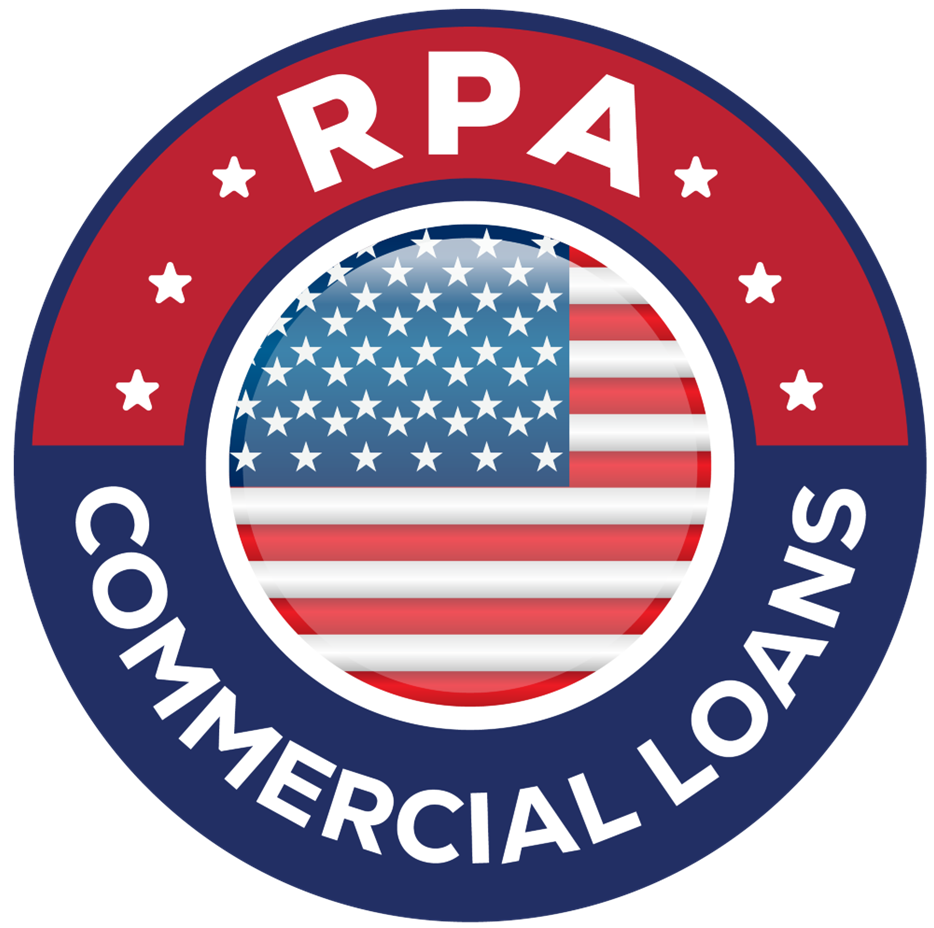When considering financing options for multifamily properties, it's essential to understand the differences between conventional loans, FHA loans, and USDA loans. Each loan type has its own eligibility requirements, benefits, and constraints. Here’s a detailed comparison:
Conventional Loans
Overview:
- Conventional loans are non-government-backed loans offered by private lenders such as banks and credit unions. They are governed by guidelines set by Fannie Mae and Freddie Mac, two government-sponsored enterprises.
Key Features:
- Down Payment: Typically requires a higher down payment compared to FHA or USDA loans. For multifamily properties, the down payment can range from 20% to 30% of the property’s purchase price.
- Interest Rates: Rates can vary based on the lender and borrower’s credit profile but are generally competitive. Rates are influenced by market conditions and borrower creditworthiness.
- Loan Terms: Conventional loans offer flexible terms, usually ranging from 15 to 30 years.
- Eligibility: Requires a strong credit score (typically 620 or higher) and a good financial profile. Debt-to-income (DTI) ratios and property income are also considered.
- Property Types: Can finance up to four-unit properties. For larger multifamily properties (five or more units), different guidelines apply.
- Mortgage Insurance: Private mortgage insurance (PMI) is required if the down payment is less than 20%, though PMI can often be removed once sufficient equity is established.
Pros:
- Flexibility: Broadly accepted across various property types and uses.
- Competitive Rates: Potentially lower rates for borrowers with strong credit profiles.
Cons:
- Higher Down Payment: Requires a substantial down payment compared to FHA or USDA loans.
FHA Loans
Overview:
- Federal Housing Administration (FHA) loans are government-backed loans designed to help individuals with lower credit scores and smaller down payments access home financing.
Key Features:
- Down Payment: Generally requires a lower down payment, typically 3.5% of the property’s purchase price, which is advantageous for buyers with limited savings.
- Interest Rates: FHA loans often have lower interest rates compared to conventional loans. Rates are influenced by market conditions and the borrower’s credit profile.
- Loan Terms: Usually offered with terms of 15, 20, or 30 years.
- Eligibility: Designed to be accessible to borrowers with lower credit scores (as low as 580 for a 3.5% down payment). DTI ratios and property income are considered.
- Property Types: Can finance up to four-unit properties. Each unit must meet FHA property standards.
- Mortgage Insurance: Requires both an upfront mortgage insurance premium (MIP) and monthly MIP payments, regardless of the down payment amount.
Pros:
- Low Down Payment: Helps borrowers with limited savings to purchase multifamily properties.
- Flexible Credit Requirements: Easier access for borrowers with lower credit scores.
Cons:
- Mortgage Insurance: Upfront and ongoing MIP can increase the overall cost of the loan.
- Property Condition: The property must meet FHA’s minimum property standards.
USDA Loans
Overview:
- The United States Department of Agriculture (USDA) loans are government-backed loans aimed at promoting homeownership in rural and suburban areas.
Key Features:
- Down Payment: USDA loans typically require no down payment, making them attractive for borrowers who may not have significant savings.
- Interest Rates: Often have competitive or lower interest rates compared to conventional loans. Rates are influenced by market conditions and borrower eligibility.
- Loan Terms: Generally offered with terms of up to 30 years.
- Eligibility: Available to borrowers with moderate to low incomes in eligible rural and suburban areas. Credit scores of 640 or higher are typically preferred, though exceptions may apply.
- Property Types: Can finance up to four-unit properties, but the property must be located in an eligible rural area as defined by USDA guidelines.
- Mortgage Insurance: Requires a guarantee fee, which is similar to mortgage insurance but typically lower. This fee can be financed into the loan.
Pros:
- No Down Payment: Attractive for borrowers with limited savings.
- Lower Mortgage Insurance Costs: Generally lower compared to FHA mortgage insurance.
Cons:
- Location Restrictions: Properties must be located in USDA-eligible rural or suburban areas, limiting options in urban areas.
- Income Limits: Borrowers must meet income eligibility requirements based on area median income.
Summary
- Conventional Loans: Offer flexibility and competitive rates but require a higher down payment and strong credit profile. Suitable for borrowers with sufficient savings and good credit.
- FHA Loans: Provide low down payment options and are accessible to borrowers with lower credit scores but come with mortgage insurance costs and property condition requirements. Ideal for borrowers with limited savings and moderate credit.
- USDA Loans: Offer no down payment and low mortgage insurance costs but are limited to eligible rural or suburban areas and income restrictions. Best for borrowers looking to purchase in designated rural locations with limited funds.
Each loan type has distinct advantages and considerations based on your financial situation, property location, and long-term goals.




